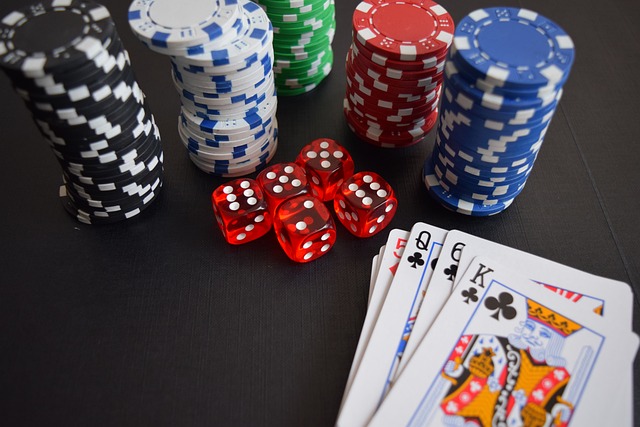The House Always Wins: Unpacking the Economics of Casinos

It’s not just a cliché that “the house always wins”—the whole casino industry operates on this core tenet. This adage accurately captures reality. The economic model of the casino is built to guarantee profit. It acts in this way regardless of how each game turns out. We shall examine how casinos maintain their advantage over players in this post. We’ll talk about the psychological strategies employed to maintain player interest. We will also talk about how this company strategy affects the economy.
Although they are a great source of amusement, casinos are first and foremost businesses. Their main economic instrument is the “house edge.” The casino has this inherent edge over the players. It guarantees that even if players might have momentary wins, the casino will ultimately turn a profit. The house has an advantage in different games. Slot machines, for example, could have a larger house edge than table games like baccarat or blackjack.
The control of total bets is a crucial component of casino economics. Casinos monitor the overall quantity wagered (referred to as the handle) and the amount they really anticipate keeping once winners are compensated (referred to as the hold). This distinction is significant. It aids in the management and earnings forecasting of casinos. The likelihood of the casino being lucrative increases with the size of the difference between the handle and the hold.
In addition, casinos use a variety of psychological techniques to increase wagering. This also applies to how the casino floor is laid out, with games with larger house edges positioned to draw in the most players. Free beverages, food, and hotel stays are examples of complimentary amenities that are utilized to keep patrons in the casino longer and increase the likelihood that they will keep betting.
The capacity of casinos to produce secondary spending is another component of their economics. Tourists spend their money for more than just gaming. They also spend money on amusement at casinos, dining out, shopping, and hotel rooms. The casino has a considerable economic impact on the neighborhood around it, including this secondary expenditure.
Online casinos use a similar model, although they employ various strategies. Internet platforms may reach more gamblers at a lower cost than traditional casinos. This is because they are more accessible. The ease with which users can interact with platforms such as 22Bet is demonstrated by the completion of a basic 22Bet login procedure.
Through taxes and license fees, casinos also have a significant impact on the state’s economy. These monies are frequently used to support public services like infrastructure and education. But there are also negative economic effects. In small communities, addiction and economic inequality can pose challenges. They could outweigh the advantages.
In summary, the economic model of casinos is intricate. Its goal is to make money. It accomplishes this through psychological tricks to encourage spending, strategic game placement, and the house edge. It generates income from ancillary sources as well. Although casinos are undoubtedly a fun place to be, it’s important for patrons to comprehend the economics of the game. Participants are informed by this knowledge. It also demonstrates the intricacy of using gambling as a business tactic. Being aware of the reasons behind “the house always wins” will help you gamble more sensibly. It can also aid in our understanding of the social and economic effects of casinos.



Leave a Comment